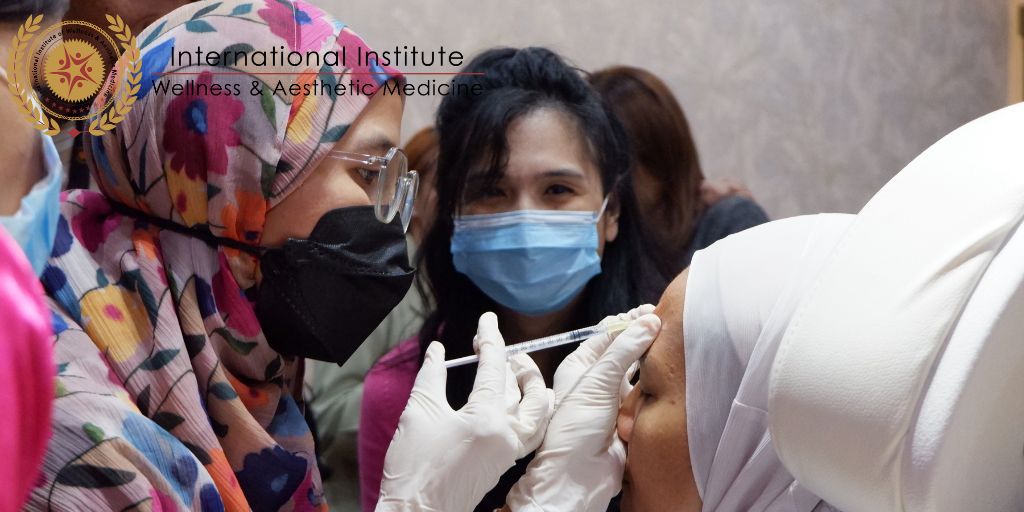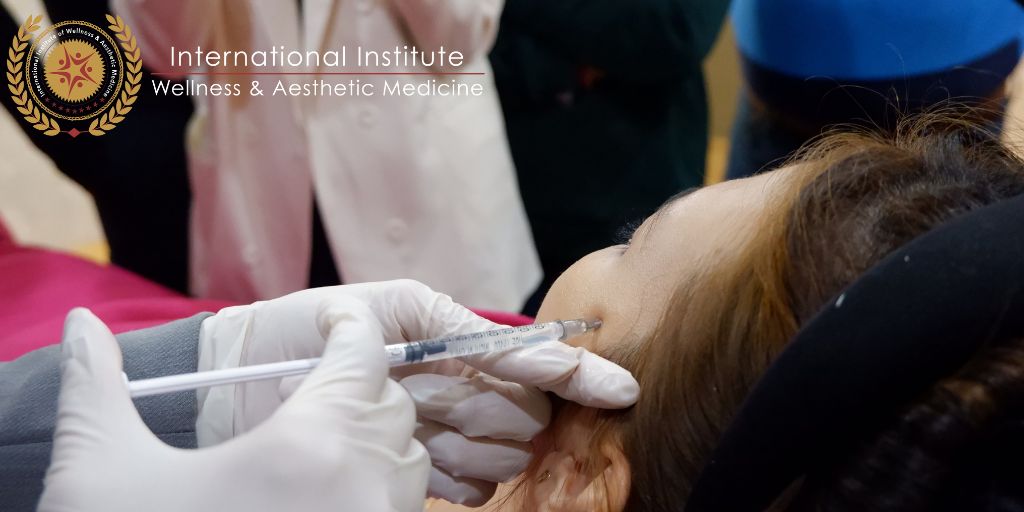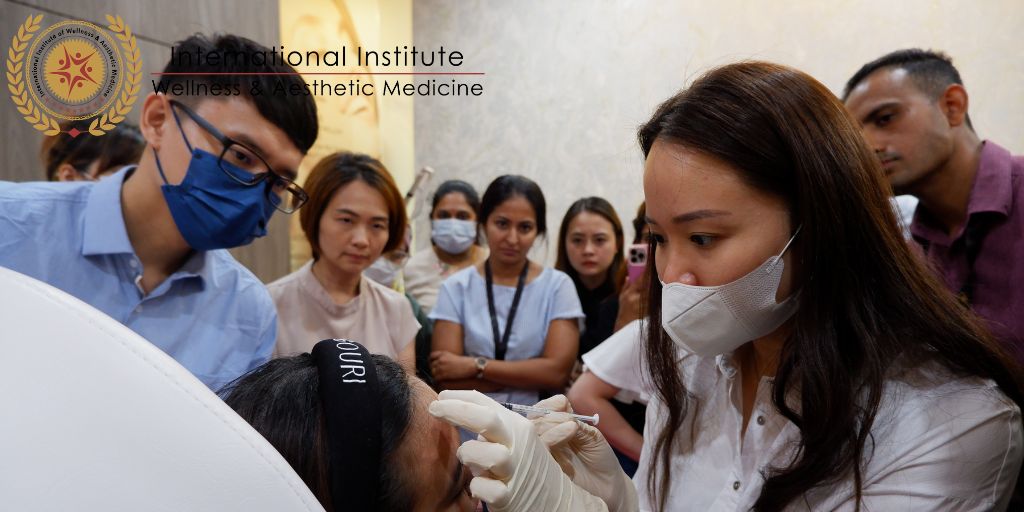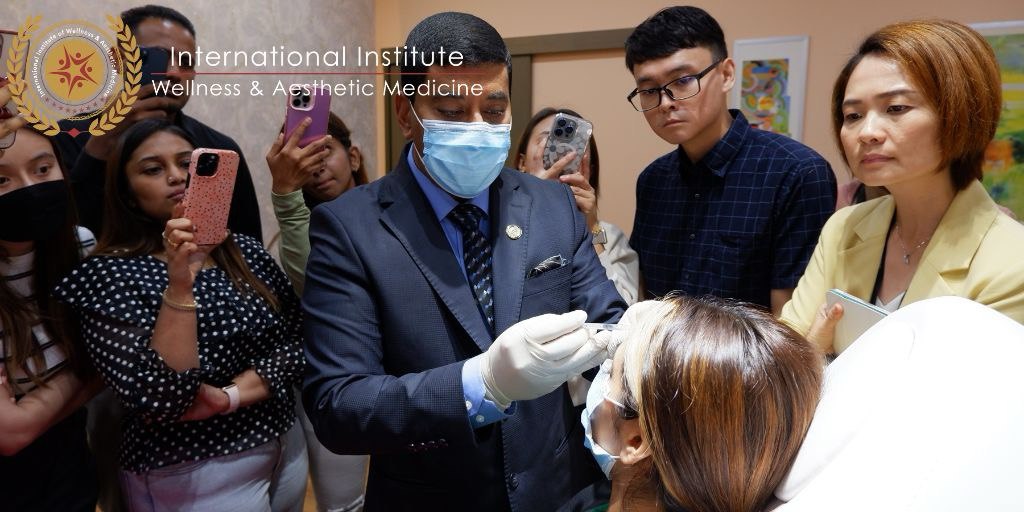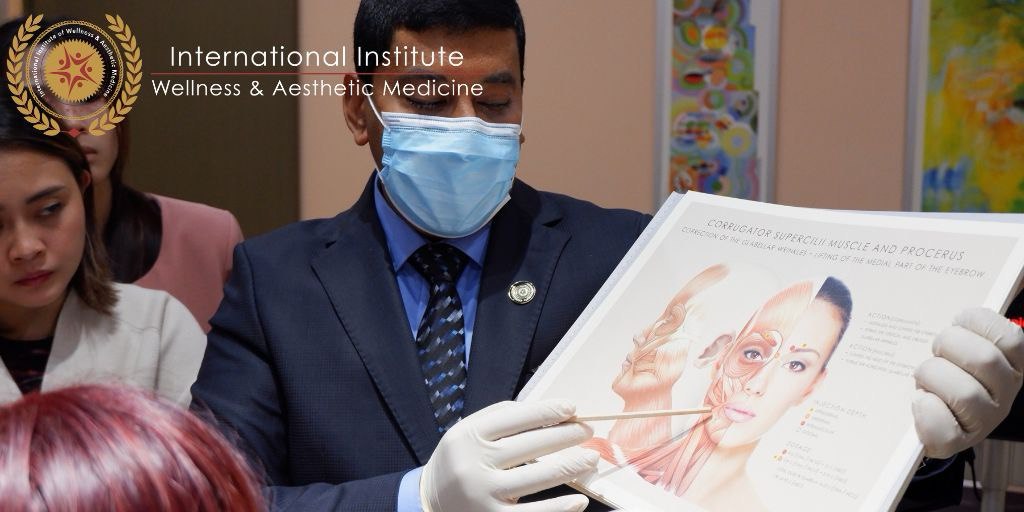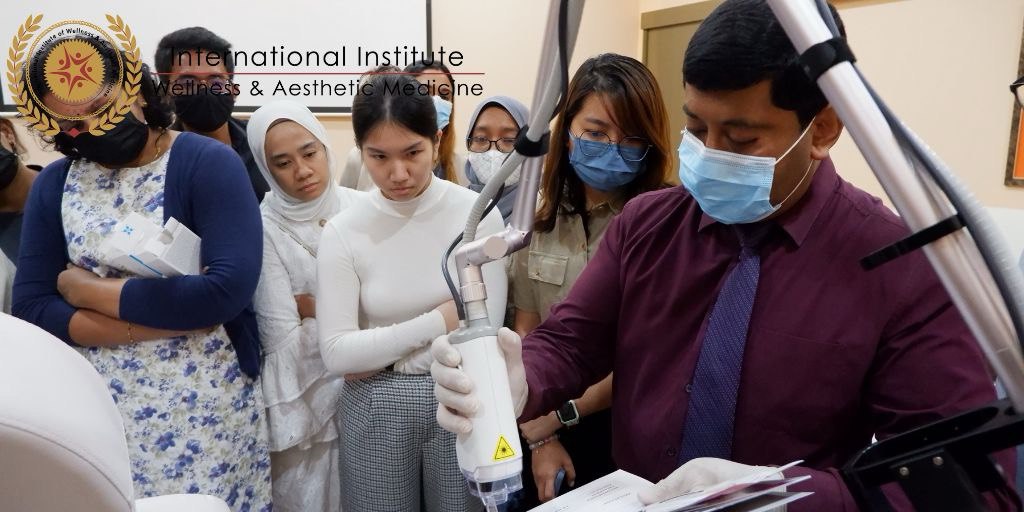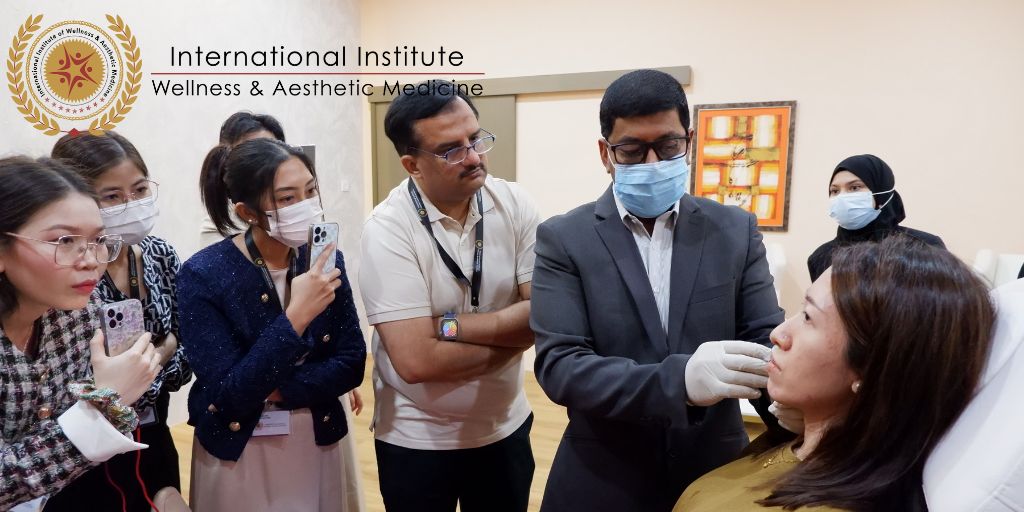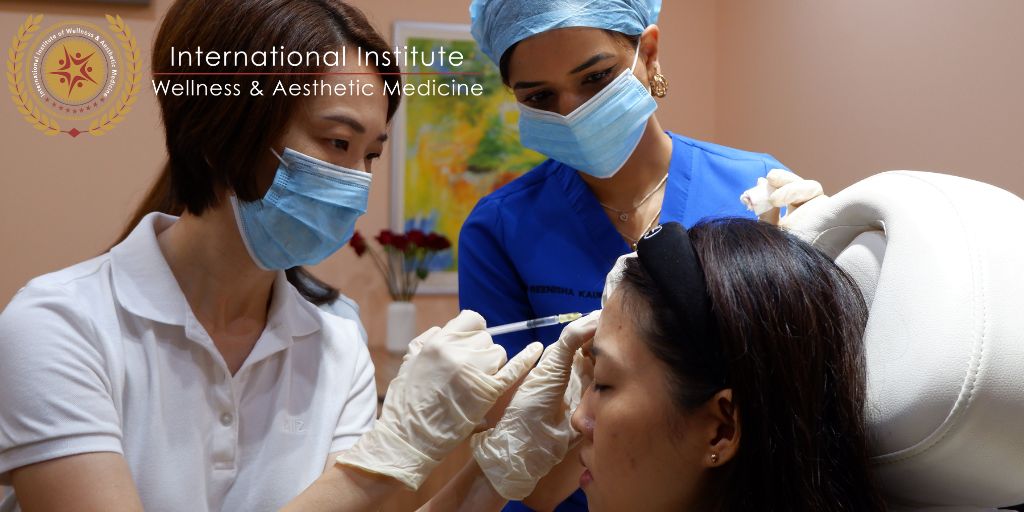The Letter of Credentialing and Privileging (LCP) certification is a mandatory requirement for medical professionals in Malaysia aspiring to practice aesthetic medicine legally. It serves as a testament to a practitioner’s competence, ensuring they meet rigorous standards in ethics, patient safety, and procedural skill. For healthcare providers, knowing how to apply LCP exam criteria and the entire process is key to successfully achieving this credential and advancing in the field of aesthetics. In this article, we cover the 8 most frequently asked questions about LCP exam applications, offering detailed insights to help you navigate the process with confidence and ease.
1. What is the LCP Exam, and Why is It Important?
The LCP exam is a certification process regulated by Malaysia’s Ministry of Health, designed to assess the knowledge and technical skills of doctors who want to practice aesthetic medicine. Passing the exam is critical for several reasons:
- Legal compliance: Without the LCP, a doctor cannot legally perform aesthetic treatments in Malaysia.
- Professional credibility: Certification provides patients with assurance that the practitioner is skilled, ethical, and trustworthy.
- Practice expansion: An LCP certification allows doctors to expand their practice offerings to include popular aesthetic procedures, responding to a growing patient demand for aesthetic services.
2. Who is Eligible to Apply for the LCP Exam?
Understanding how to apply LCP exam eligibility criteria is crucial. To qualify, candidates must:
- Registered with Malaysian Medical Council.
- Valid Annual Practicing Certificate.
- Minimum of 2 years in private practice.
- Free from disciplinary action.
- Undergone a structured training as outlined by the Main LCP Committee.
These requirements are set to ensure candidates possess adequate foundational knowledge and experience in healthcare before pursuing specialised training in aesthetics. Candidates are often advised to gather detailed records of aesthetic procedures performed, especially under supervision, as part of their experience verification process.
3. What Documents are Required for the LCP Exam Application?
The application process for LCP certification requires the submission of several documents, including:
- Educational qualifications and medical degrees
- Clinical logbooks with documented case studies
- Evidence of participation in continuous professional development (CPD) programs
After submitting the required documentation, the LCP committee will review the application. Applicants for the LCP examination must complete a written examination followed by a viva assessment, where they will demonstrate their knowledge and expertise in aesthetic medicine. There is no peer review interview or practical assessment involved in the LCP examination process. Please refer to the official guidelines for further details. All the information is available on our Letter Of Credentialing & Privileging (LCP) website (https://lcp.com.my/).
4. How Do I Start the LCP Exam Application Process?
The first step in how to apply LCP exam is to visit the Ministry of Health’s official website to access the application form. Key steps include:
- Filling out the application form with personal, educational, and professional details.
- Attaching supporting documents in the requested format.
- Submitting application fees as specified, which covers processing and exam costs.
To streamline this process, applicants can rely on support from the International Institute of Wellness & Aesthetic Medicine, which provides guidance and resources to help candidates prepare their documents accurately. Many candidates also benefit from using checklists to track completed steps and avoid overlooking any requirements.
5. What Topics are Covered in the LCP Exam?
The training program should cover various aspects, including:
- Aesthetic Medicine Fundamentals: This includes the scope of Aesthetic Medicine, principles of each field (e.g., Botulinum toxin, Fillers, Lasers, Chemical Peels, Skin tightening devices), and in-depth anatomy studies. In addition to these fundamental aspects, you’ll also benefit from specialized training programs such as Botox courses Malaysia, Dermal Filler courses Malaysia, Thread Lift courses Malaysia, PRP courses Malaysia, and Stem Cell training Malaysia. Consider upskilling yourself in these Aesthetic courses in Malaysia as part of your career development in Aesthetic Medicine.
- Aesthetic Procedures: Comprehensive training on Aesthetic Medicine procedures, expected outcomes, potential complications, and how to manage these complications effectively.
- LCP Exam Preparation: Guidance on LCP examination requirements, the format of questions, and strategies to prepare for the exam.
- Starting Your Aesthetic Practice in Malaysia: Practical advice on launching your aesthetic practice, clinic renovation, budgeting, and long-term planning.
6. How Long Does the Entire LCP Certification Process Take?
The LCP exam application and certification process can take from several months to over a year, depending on several factors:
- Application review: The initial application review can take a few months, particularly if any documentation needs clarification.
- Exam scheduling: Once approved, candidates need to wait for the next available exam slot, which may be limited due to demand.
- Post-exam processing: After passing, the Ministry of Health finalises the certification process, which may add another month or two.
On average, candidates should anticipate six months to a year from application to certification. This timeline allows candidates to plan their schedules accordingly, including time for further training or studying as necessary.
7. How Can I Best Prepare for the LCP Exam?
Preparing for the LCP exam involves a combination of formal education, clinical practice, and self-study. Key preparation strategies include:
- Enrolling in certified aesthetic programs like those offered by the International Institute of Wellness & Aesthetic Medicine, which provide practical experience and theoretical knowledge.
- Practicing injection techniques on simulated models or under supervision to refine precision and accuracy.
- Studying integumentary systems in-depth to understand safe injection sites and prevent complications.
Additional preparatory resources include textbooks on aesthetic pharmacology, online modules on Malaysian medical regulations, and group study sessions with other candidates. Knowing how to apply LCP exam knowledge and techniques effectively is essential for building confidence and competence before the exam.
8. What Happens After I Pass the LCP Exam?
After passing the LCP exam, you’ll receive official certification from the Ministry of Health, authorising you to practice aesthetic medicine in Malaysia. With LCP certification, practitioners can:
- Legally perform aesthetic procedures, offering services in high-demand areas such as dermal fillers, Botox, and thread lifts.
- Enhance their professional standing, as certification instills greater patient trust and respect among peers.
- Expand career options: Certified practitioners can work in established aesthetic clinics or start their own practices, with increased credibility in the market.
For those aiming to open their own clinics, it’s beneficial to pursue business training in areas like clinic management, marketing, and regulatory compliance. The International Institute of Wellness & Aesthetic Medicine offers specialised business-focused courses, providing the skills necessary to run a successful and legally compliant aesthetic practice.
Conclusion
In a competitive and regulated aesthetic industry, understanding how to apply for the LCP exam is not just a requirement; it’s a pivotal step toward a successful and reputable career in aesthetic medicine. By achieving LCP certification, you demonstrate your commitment to the highest standards of safety, ethics, and patient care. With the guidance and comprehensive training offered by the International Institute of Wellness & Aesthetic Medicine (https://www.iiwam.ac), previously known as Aesthetic Academy Asia (https://www.aestheticacademy.asia), you’re supported every step of the way in reaching your certification goals.
Our expert-led aesthetics courses provide a solid foundation in both clinical skills and exam preparation, ensuring that you’re fully equipped to meet regulatory demands and deliver exceptional aesthetic care. Join us on this path to certification and elevate your career, expanding your capabilities in the dynamic field of aesthetic medicine. Contact IIWAM for more inquiries or Register today to shape the future of aesthetics in Malaysia becoming a trusted and skilled practitioner is just an application away.
About International Institute of Wellness & Aesthetic Medicine (IIWAM)
International Institute of Wellness & Aesthetic Medicine (https://www.iiwam.ac) previously known as Aesthetic Academy Asia (https://www.aestheticacademy.asia) is a private teaching institution that provides International Aesthetic Medical Certification program for Doctors, Dentists, Nurses, Aestheticians, and Spa Owners. Prof Dr Morthy, the course director for the Institute, is a key opinion leader for Aesthetic Medicine in the region, and a trainer for several teaching institutions. Prof Dr Morthy developed several aesthetic medical training programs notably the UCSI Masters Aesthetic Medical Course, MAHSA Academy of Aesthetic Medicine and the MAC Aesthetic course.
IIWAM is the only Institute to have its Aesthetic Education Programs certified by City & Guilds of London, CPD Standards Office (UK) and European International University (Paris). IIWAM is also a registered CPD Training provider for Malaysian Medical Association.
With our insignia of “Be Certified & Be Recognized”, the Institute develops knowledgeable, skilled, and confident aesthetic practitioners of international repute.


